- Home›
- Healthy Living›
- 10 Effective Home Remedies To Get Rid Of Whooping Cough
10 Effective Home Remedies To Get Rid Of Whooping Cough
By: Priyanka Maheshwari Mon, 08 July 2024 08:44:06
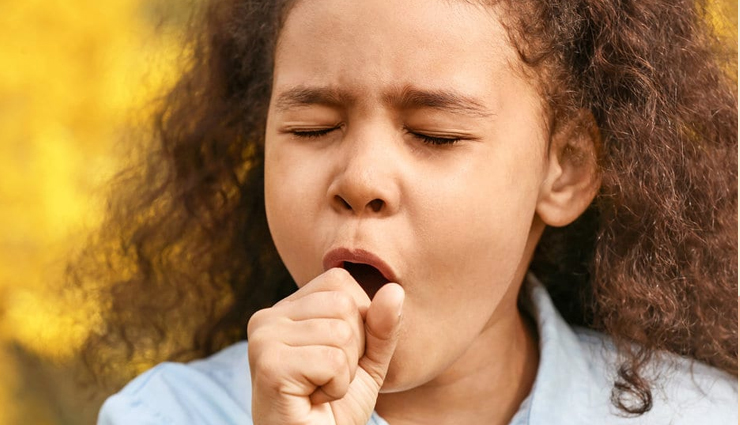
Whooping cough, or pertussis, is a tough respiratory infection caused by the bacterium Bordetella pertussis. This illness is known for its intense coughing fits, often followed by a distinctive "whooping" sound when trying to catch a breath. While it mostly affects infants and young children, teenagers and adults aren't immune either.
What to Watch For:
The early signs of whooping cough can be deceptive, resembling a common cold with symptoms like a runny nose, sneezing, a mild fever, and a light cough. However, as the infection progresses, the cough worsens and becomes more frequent, leading to severe, exhausting fits. These coughing episodes can be so intense that they may cause vomiting or even lead to brief loss of consciousness. The "whoop" sound happens as you desperately try to inhale after a coughing fit.
How It Spreads:
Whooping cough spreads very easily through tiny droplets when someone infected coughs or sneezes. It can also be caught through direct contact with the mucus from an infected person. Infants are especially at risk for serious complications like pneumonia, seizures, and in some cases, it can be life-threatening.
Managing Naturally:
While medical treatment is crucial, there are several home remedies that can help alleviate symptoms and support recovery. In this article, we'll dive into 10 effective natural remedies to help manage and ease the discomfort of whooping cough. These remedies aim to complement medical care and provide some relief as you or your loved one heals from this challenging illness.
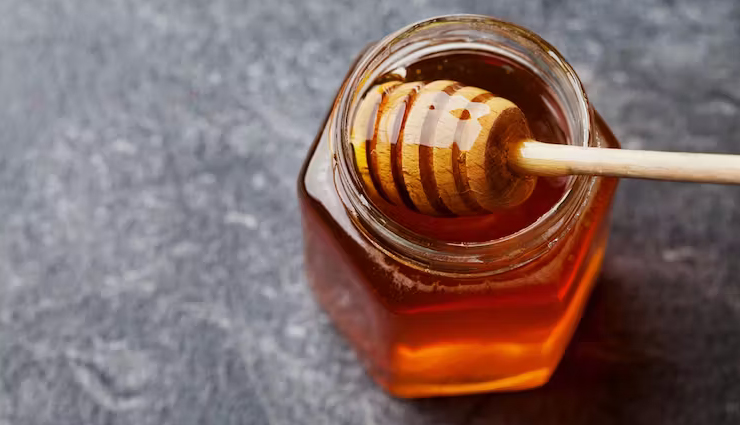
# Honey
Honey is known for its soothing properties and can help alleviate coughing. Mix two teaspoons of honey with warm water or herbal tea and consume it several times a day. Honey's natural antimicrobial properties can provide relief and promote healing.
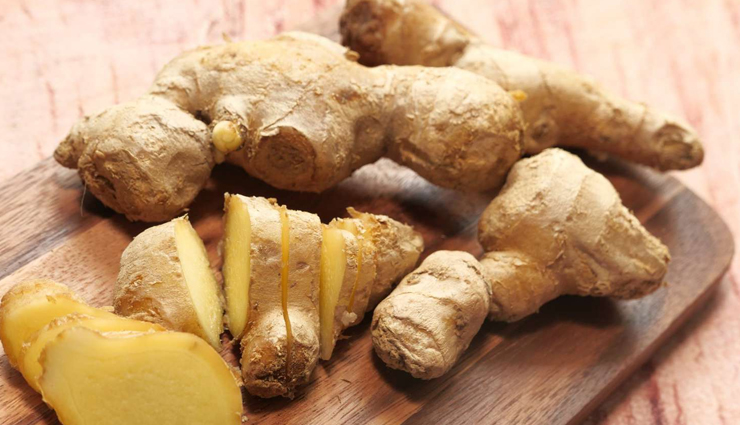
# Ginger
Ginger has antimicrobial and anti-inflammatory properties that can help reduce coughing and soothe the respiratory system. Prepare ginger tea by boiling sliced ginger in water for 10 minutes. Add a teaspoon of honey for additional benefits and drink it two to three times a day.
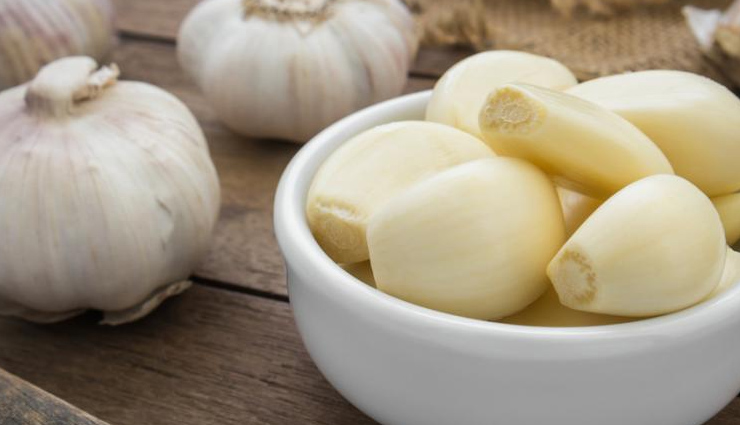
# Garlic
Garlic is a powerful natural antibiotic that can combat bacterial infections associated with whooping cough. Chew on a raw garlic clove or add it to your meals to take advantage of its immune-boosting properties.
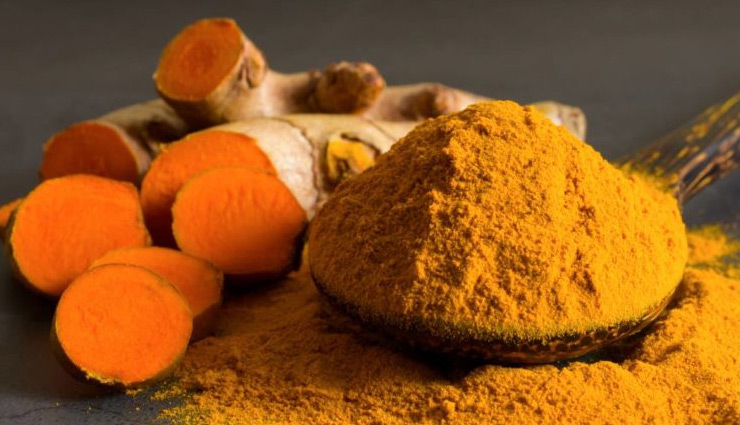
# Turmeric
Turmeric contains a compound called curcumin, known for its anti-inflammatory and antibacterial properties. Mix a teaspoon of turmeric powder with warm milk and drink it before bedtime to soothe the throat and alleviate coughing.

# Saltwater gargle
Gargling with warm saltwater can help reduce throat irritation and clear mucus. Mix half a teaspoon of salt in a glass of warm water and gargle with it several times a day. Spit out the water after gargling to avoid swallowing it.

# Steam inhalation
Inhaling steam can help loosen mucus and ease coughing. Boil water in a pot, remove from heat, and place a towel over your head to create a tent. Lean over the pot and inhale the steam for 10-15 minutes. Be cautious to avoid burns.

# Fluid intake
Staying hydrated is crucial during respiratory infections. Drink plenty of water, herbal teas, and warm fluids to keep the throat moist and promote healing. Avoid caffeinated and sugary beverages that can worsen symptoms.

# Vitamin C
Vitamin C boosts the immune system and aids in the recovery process. Consume foods rich in vitamin C such as oranges, lemons, kiwis, and berries. You can also take vitamin C supplements after consulting with a healthcare professional.
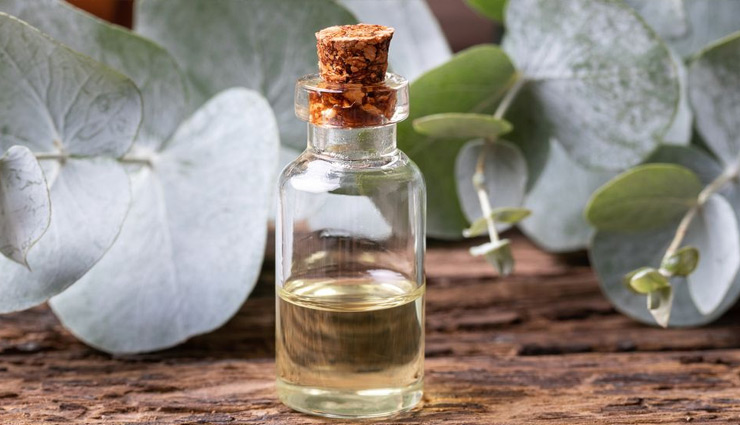
# Eucalyptus oil
Eucalyptus oil has decongestant and antimicrobial properties that can provide relief from coughing. Add a few drops of eucalyptus oil to hot water and inhale the steam. You can also apply diluted eucalyptus oil to the chest for additional relief.
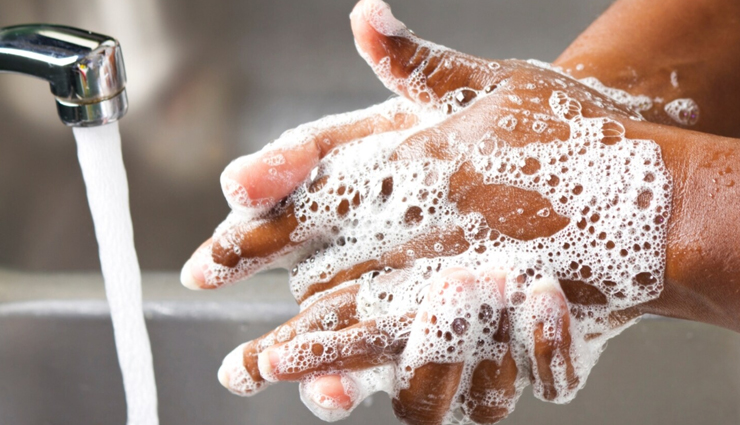
# Rest and hygiene
Rest is crucial for recovery and preventing the spread of whooping cough. Get ample sleep and avoid strenuous activities. Practice good hygiene, such as washing hands frequently, covering your mouth and nose while coughing, and avoiding close contact with others.
Note: While home remedies can provide relief from whooping cough, it's important to seek medical advice and follow the prescribed treatment plan.





